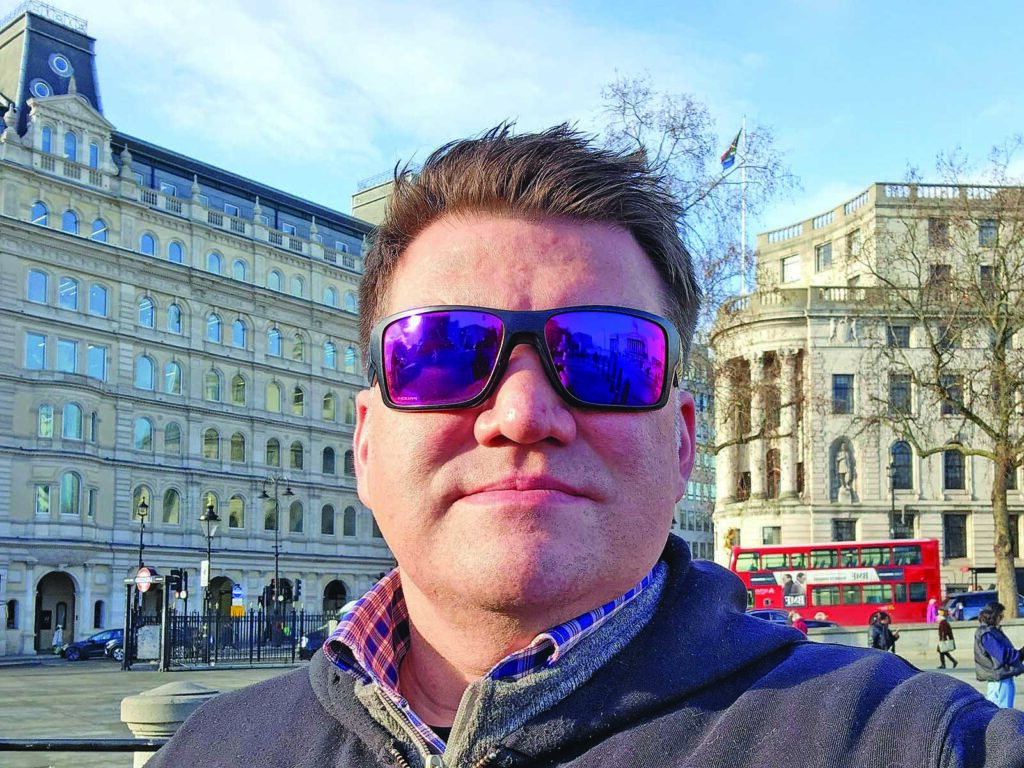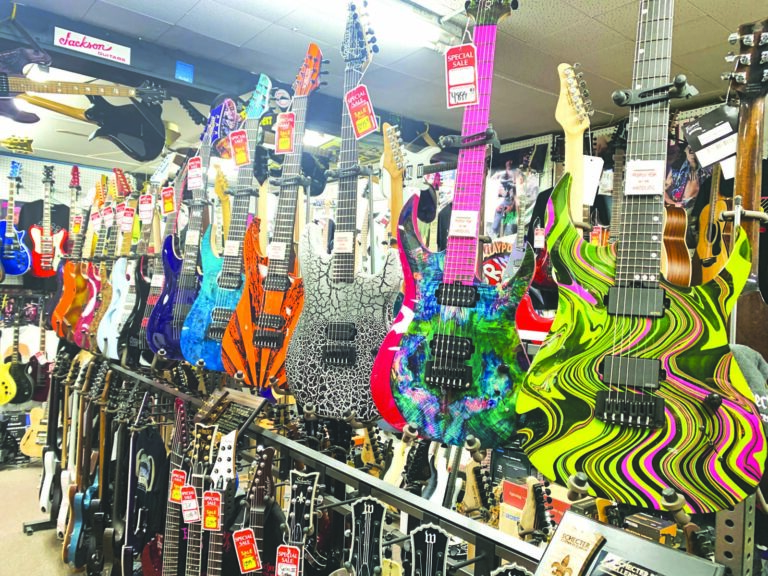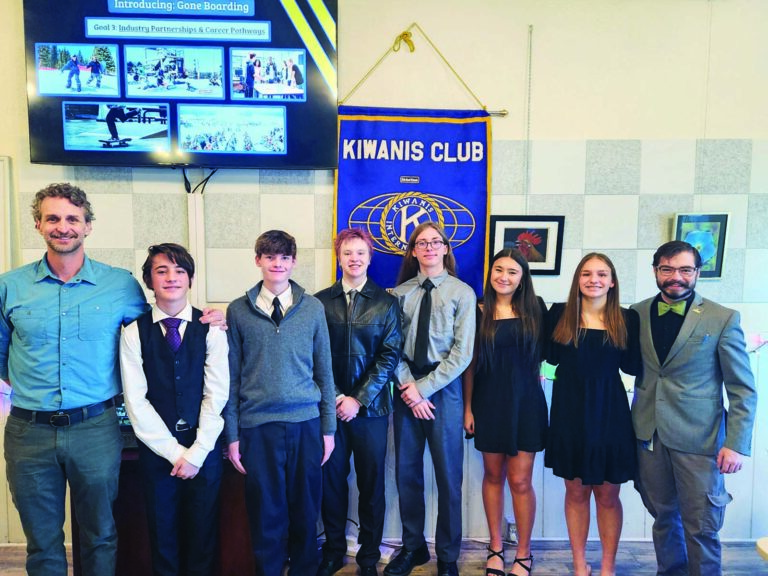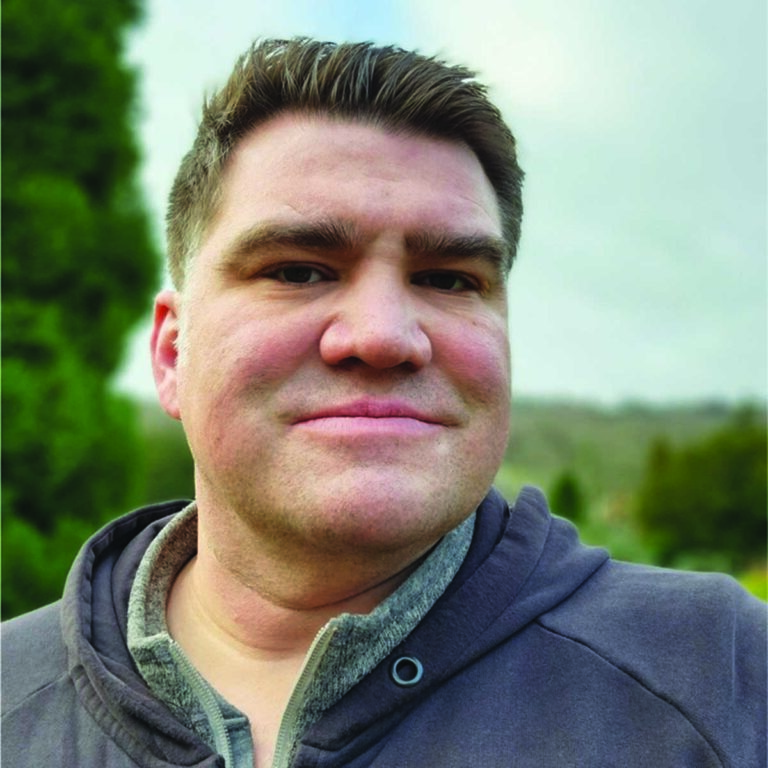I am a coffee snob. It started a few years ago at Starbucks. I watched as the barista pressed a few buttons on a machine, and the machine poured my caffeine juice into a white paper cup. But at a local artisanal coffee house down the road, masters of their craft had a different approach to coffee. Cladded in leather aprons, adorned with trendy thrift store finds, these coffee nerds busied themselves behind the bar. Tamping portafilters, adjusting grind settings, and filling beakers and graduated cylinders from second period chemistry. It was the difference between mundane and craftsmanship.
Recently, the world has been murmuring about the danger of ChatGPT. This new technology enables users to ask questions, and through computer wizardry, it produces an answer with an unnerving human tone. But behind the scenes, ChatGPT uses “artificial intelligence,” which is a fancy way of saying the technology learns on its own and improves over time. It’s the hypothetical future the Terminator films predicted; man creates machine, machine develops consciousness, and the machine turns against its creator. While the dystopian landscape filled with Arnold Schwarzenegger robots may be coming, a more immediate danger looms.
If a student can ask ChatGPT to write a literary critique on Huckleberry Finn… What will stop your boss from asking how she can replace workers (who demand salaries, bio-breaks and health insurance) with technology that isn’t so needy? Critically, if humans can be replaced with technology, isn’t it logical that remote workers will be the first collateral damage in the name of technological advancement?
So, it’s all doom and gloom. No more English composition classes. No more handcrafted cups of coffee. Just push a button and a machine does the rest, right? Wrong.
Technology changes how we do business, by identifying inefficiencies and streamlining menial tasks. Imagine if you didn’t have to spend two hours every Monday creating that report no one reads (but, for some reason, your boss still wants). What could you do with two free hours in a workweek? Yes, technology has the capacity to disrupt how we do our jobs. But it also has the capacity to make us better. Imagine a newspaper in the 1980s migrating from typewriters to word processors. The tenacious, yet bad-at-spelling journalist, now has spellcheck! It’s the difference between Bob Woodward and “that guy who can’t spell.”
Word processors didn’t replace good writers, just like ChatGPT won’t replace skilled professionals. Rather, technology will empower us to function at higher levels. It can cultivate innovation and lead to much needed updating for time-consuming tasks. ChatGPT (along with machine learning, and big data) have the potential to disrupt, but not to replace.
Jim Collins is quoted as saying “good is the enemy of great.” ChatGPT can fabricate good content, but humans have the ability to produce greatness. Similarly, Starbucks makes good coffee, but the more expensive coffeehouse with hipsters and influencers can make great coffee. As long as people desire great things, there will always be a need for craftsmanship.
Going Solo is a new advice column by Michael Whalen, MBA, for entrepreneurs or corporate employees working remotely out of their homes.






